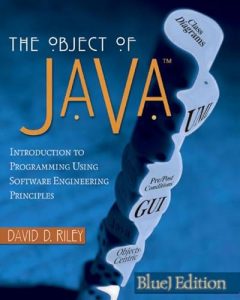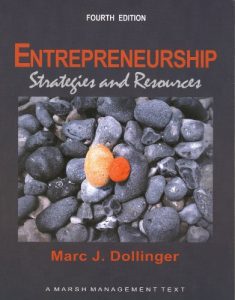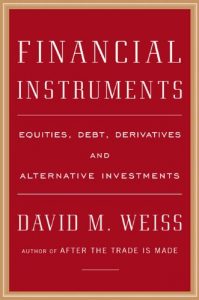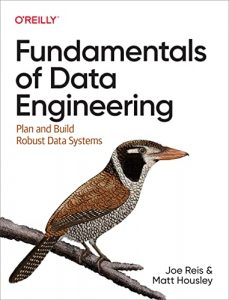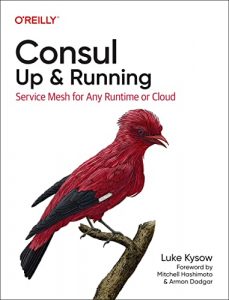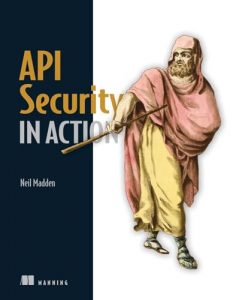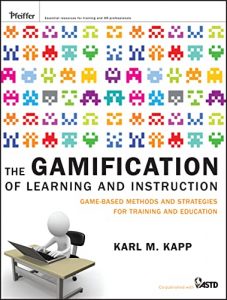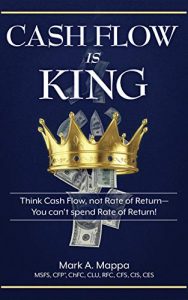1. Black-Scholes and Beyond: Option Pricing Models
Authored by Neil A. Chriss and Ira Kawaller, “Black-Scholes and Beyond” serves as a crucial resource for anyone looking to master financial derivatives and option pricing strategies. This book dives deep into the mechanics of the Black-Scholes model, breaking down complex theories into accessible concepts. It empowers readers with the knowledge they need to navigate the intricacies of financial markets confidently. The insights offered by Chriss and Kawaller make this book a treasure trove for practitioners and scholars alike, making it a must-read for anyone serious about pursuing a career in finance.
2. How to Calculate Options Prices and Their Greeks
Pierino Ursone’s “How to Calculate Options Prices and Their Greeks” takes aspiring finance professionals on a practical journey through the Black-Scholes Model. This book is noteworthy for its focus on the Greek metrics that significantly impact options pricing. With detailed explanations and illustrations, readers will learn to calculate Delta, Gamma, Theta, Vega, and Rho, essential for effective risk management in options trading. It’s an invaluable resource, particularly for those looking to elevate their trading strategies and understand the volatility of markets deeply.
3. The Black–Scholes Model (Mastering Mathematical Finance)
In this comprehensive guide, Marek Capiński and Ekkehard Kopp unravel the complexities of the Black-Scholes Model, making it easier for readers to grasp the core principles of financial mathematics. The authors do an exceptional job of bridging theory with practice, providing invaluable insights into risk management and investment strategies. It’s ideal for aspiring financial engineers and those engaging with quantitative finance theories. With clear explanations and practical examples, this is a paramount resource for anyone keen on enhancing their quantitative skillset in finance.
4. The Black–Scholes–Merton Model as an Idealization of Discrete-Time Economies
David M. Kreps’s work discusses the theoretical underpinnings of the Black-Scholes-Merton model, particularly its applicability in discrete-time settings. The book is essential for advanced students and professionals who wish to delve into the mathematical modeling of finance. Kreps’s articulate exploration of how discrete models can lead to a deeper understanding of financial instruments adds immense value to both practitioners and theorists. This book is a significant addition to the library of anyone interested in advanced finance and economic theory.
5. Financial Mathematics, Derivatives and Structured Products
Written by a team of authors including Raymond H. Chan and Spike T. Lee, this book covers a wide array of topics related to financial mathematics, derivatives, and structured products. Its holistic approach equips readers with both the theoretical knowledge and practical skills required to navigate the complex world of finance. The book includes a plethora of examples and case studies that aid in understanding the concepts deeply. For anyone aiming to excel in finance, this book is a comprehensive guide that deserves a spot on their shelf.
6. Positional Option Trading: An Advanced Guide
Euan Sinclair’s “Positional Option Trading” presents an advanced take on options trading strategies. Emphasizing the importance of understanding market dynamics, Sinclair provides a comprehensive framework for developing innovative trading strategies. This book stands out in its ability to discuss complex concepts in a digestible format, aiding traders who wish to deepen their understanding of market trends and position management. It is an essential read for active traders wanting to refine their skills and enhance their profit strategies.
7. Fitting Local Volatility: Analytic And Numerical Approaches In Black-scholes And Local Variance Gamma Models
Andrey Itkin’s “Fitting Local Volatility” delves into complex analytic and numerical approaches to understand local volatility within the Black-Scholes framework. This book is extremely relevant for professionals and researchers interested in volatility modeling and estimation techniques. Itkin provides a thorough analysis combined with practical applications, which is essential for accurate pricing and risk assessment. If you aim to become proficient in advanced volatility models, this book is an invaluable resource.
8. Semi-Markov Risk Models for Finance, Insurance and Reliability
Janssen and Manca’s “Semi-Markov Risk Models” offers a unique perspective on risk modeling, essential for applications in finance, insurance, and reliability. This book is rich with methodologies and theoretical underpinnings that provide a critical advantage in understanding and managing risk effectively. It is particularly valuable for students and professionals eager to learn innovative approaches to risk assessment and decision-making in uncertain environments.
9. Python for Finance – Second Edition
Yuxing Yan’s “Python for Finance” is an essential guide for finance enthusiasts eager to incorporate programming into their analysis. This second edition enhances its predecessor with practical applications of Python in finance, equipping readers with tools for quantitative analysis. The blend of finance theory and practical coding solutions makes it an indispensable resource for both seasoned practitioners and newcomers. This book guides you through powerful finance models, ensuring all readers can leverage the tools of programming in their financial pursuits.





















